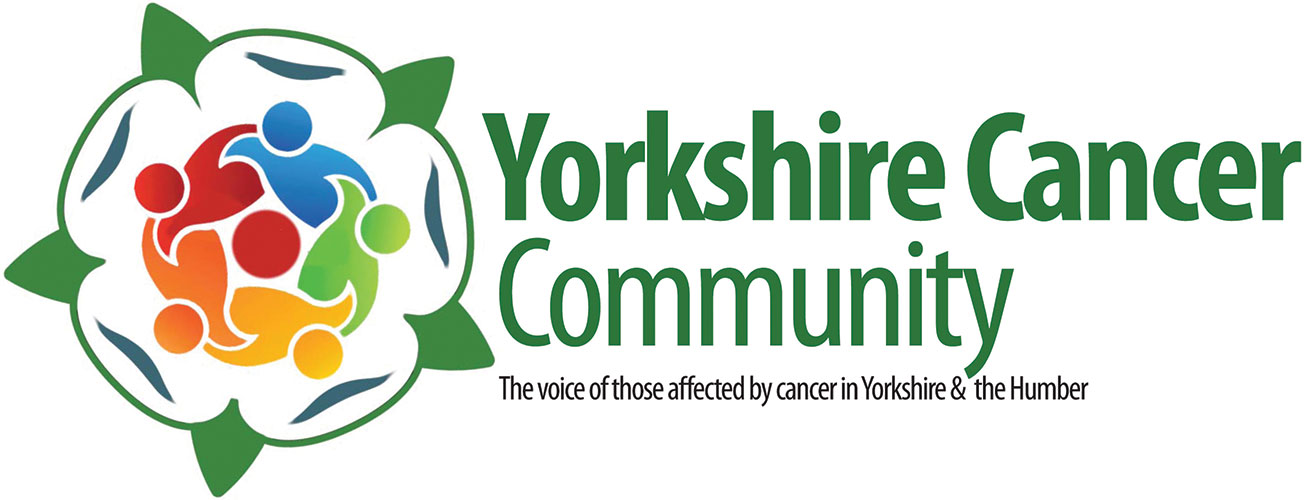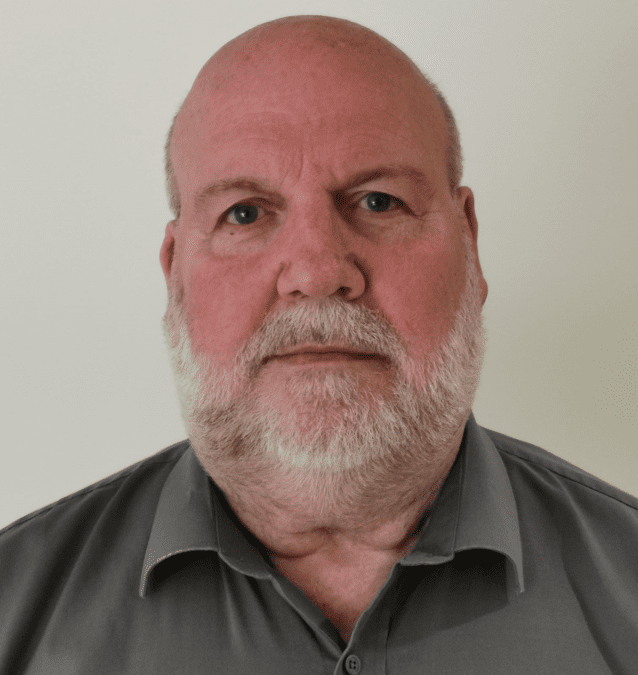When retired senior manager David Blunt spotted blood in his urine, he said he was a ‘typical man’ and ignored the signs.
David, who lives outside Huddersfield in rural South Kirklees, first noticed the signs in February last year, but dismissed them as ‘just a drop of blood’.
It was only when talking with one of his daughters later that year, that somehow the conversation got round to worrying health conditions.
His daughter told him he had a GP appointment the next day. In fact if he wouldn’t make it, she would.
David worried it was an overreaction, but got an appointment with a nurse practitioner at his local GP Surgery the next day, taking along a urine sample.
He tested the sample for blood, confirmed there was blood present and asked him to return in a week’s time.
The next week, the sample again confirmed the presence of blood and David was offered an appointment at the Urology department at Huddersfield Royal Infirmary within 10 days.
They performed an ultrasound scan and a cystoscopy – a procedure to look inside the bladder – a procedure David found to his surprise to be painless.
The tests confirmed his prostate and bladder were clear but there was a lump on his right kidney they wanted to investigate.
The next week David was booked for a CT scan, and was quickly contacted to say the consultant urologist would like to see him.
Within the week, David was back at HRI, waiting to see the urologist.
They told him his right kidney was twice the size it should be, and would need to be removed. They planned to use keyhole surgery which meant a quicker recovery for David. There was also a small lump on his left kidney, but it was so small, as not to be a major concern.
The pandemic was at it’s peak, and David suspected there could be delays before his surgery was scheduled but within two weeks he was in hospital, with an expectation that surgery would take two hours.
Unfortunately, his kidney was so large, they couldn’t remove using keyhole surgery, so surgeons had to cut out the kidney, and also removed the adrenal gland too. He was later told that this procedure had probably saved his life.
He spent seven hours in surgery, and complications with his blood pressure meant his stay was extended to five nights.
“I’d only ever been in hospital once, and that was for a knee operation, so it was a shock to the system,” he explained. He couldn’t wait to get home, and once his bloods and blood pressure were deemed to be normal, he asked to be discharged.
That evening he woke in agony, and later passed out with pain. He ended up being readmitted into hospital, where after a short stay on a general ward, was moved back to Urology where he stayed for a further four days.
David was told he would have follow up scans every three months to keep an eye on the remaining kidney. The plan being to remove the lesion by robotic surgery at Bradford Royal Infirmary.
However, by the next scan the tumour had grown from 17 mm to 28 mm and David was referred to St James’s Hospital Leeds for cryotherapy (the use of extreme cold to freeze and remove abnormal tissue).
Up until this point, David’s treatment had been second to none. Any problems or concerns were promptly addressed by his two Clinical Nurse Specialists. He felt reassured he was treated as a person and not just as a number.
He was so impressed by the care given to him at HRI, he wanted to give back and became involved with the Macmillan Information and Support Service at Calderdale and Huddersfield Hospitals.
Along with another patient Rob ( now a YCC trustee and Cancer Champion) he helped the Macmillan team of Helen, Mandy and Holly, work on digital services for patients during lockdown, which are now in line for national awards.
He also volunteers for the West Yorkshire & Harrogate Cancer Alliance Community Panel, and enjoys looking at topics which could improve patient experience.
Now to his frustration, he has had no further news about his cryotherapy at St James, which leaves him in limbo, aware his tumour may still be growing.
“It’s frustrating, but I do understand that with only three consultants and one who has been self-isolating due to Covid that the staff team are stretched. I do appreciate that but it’s frightening because this is my life and I feel like everything is on hold.”

